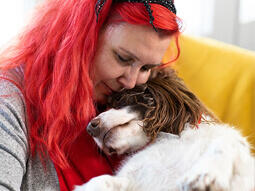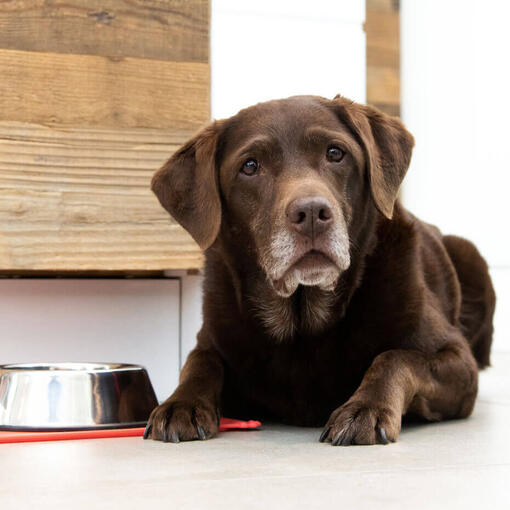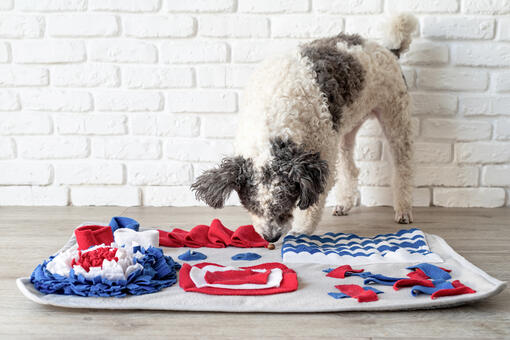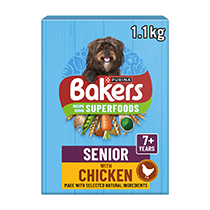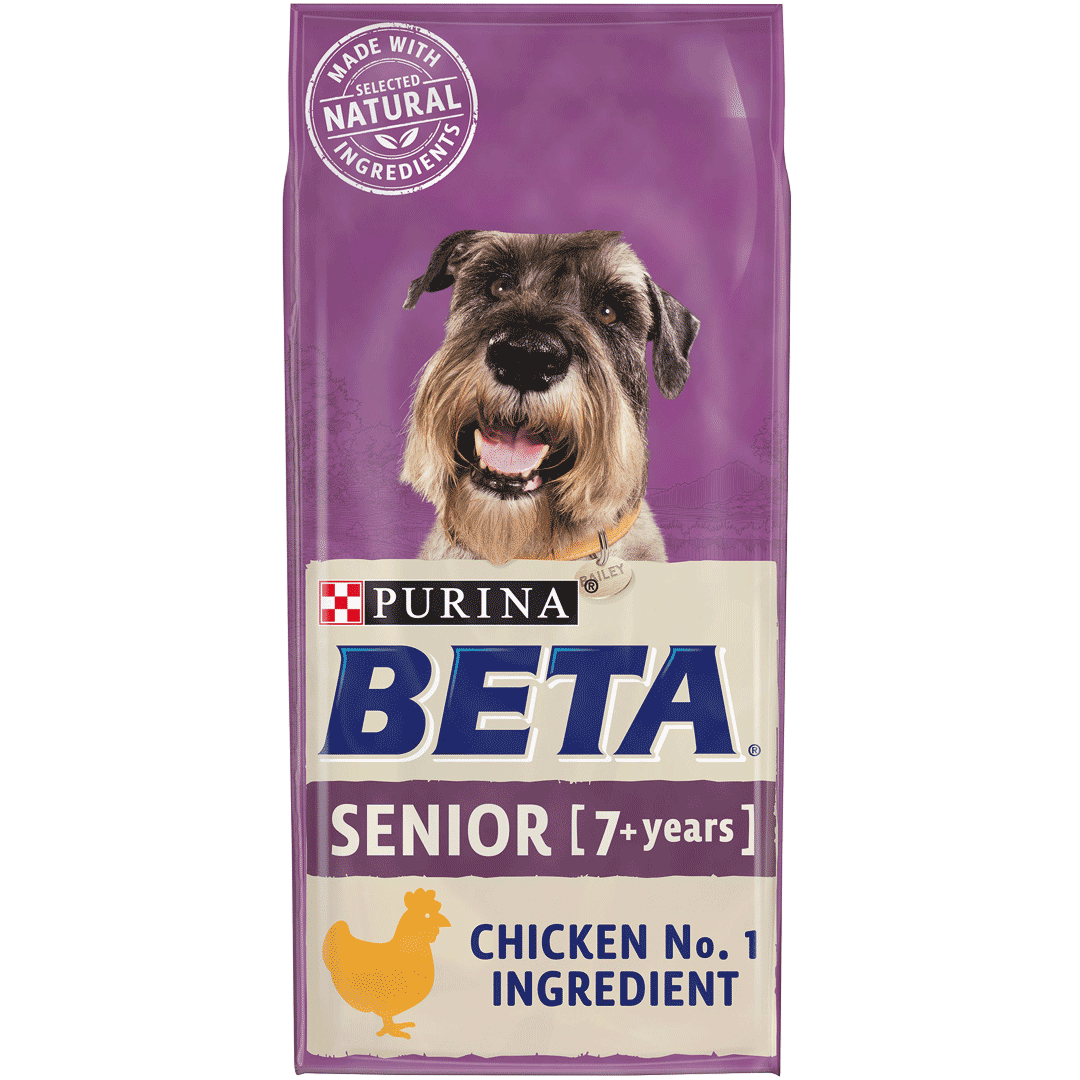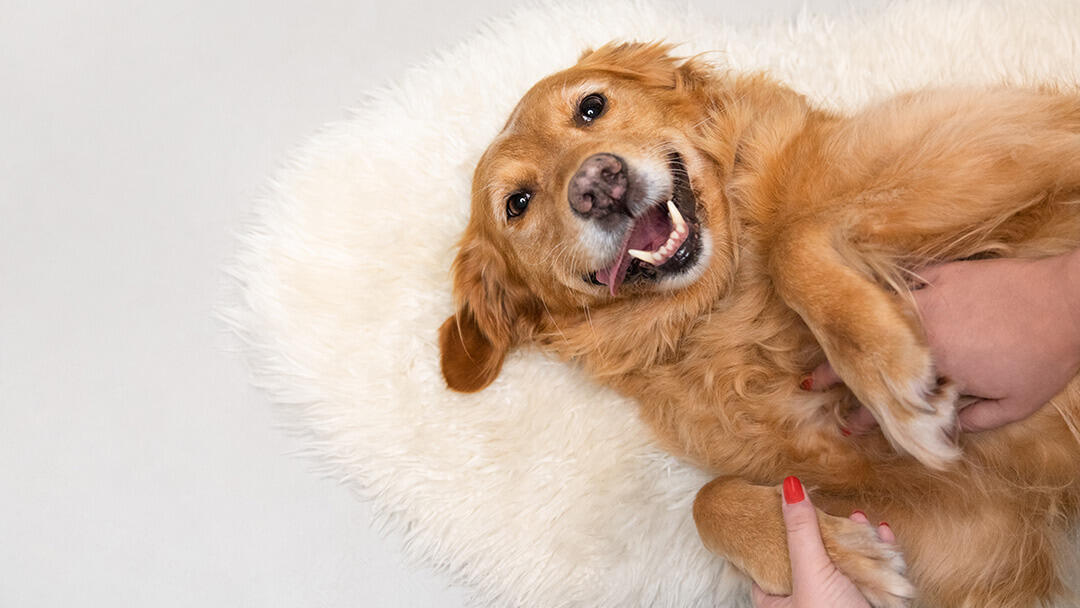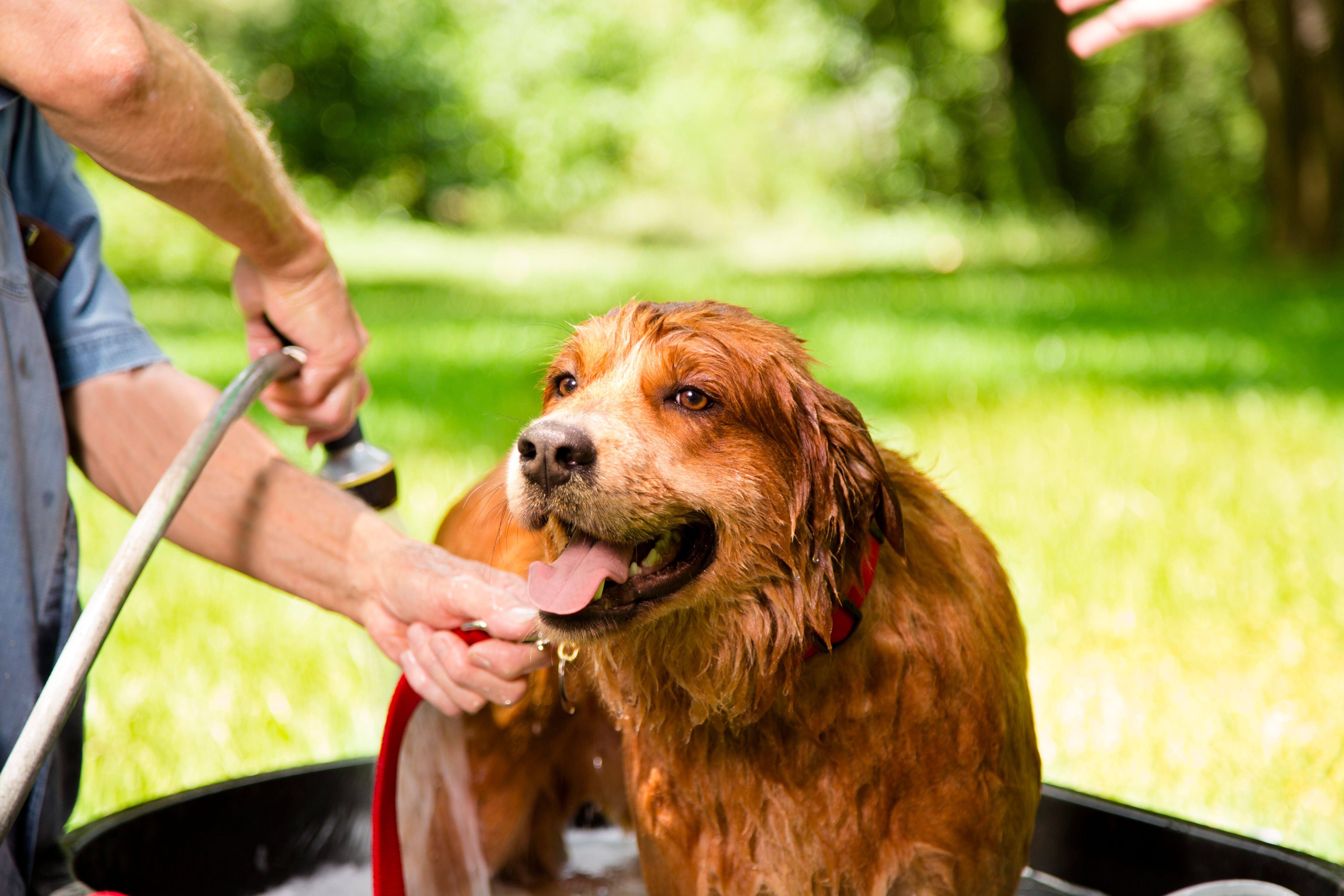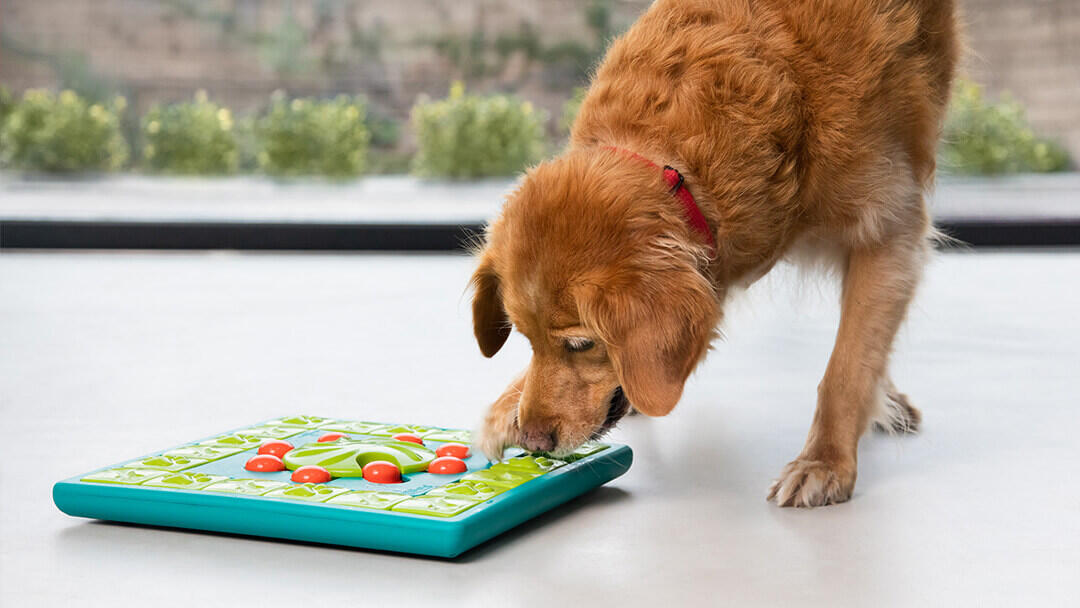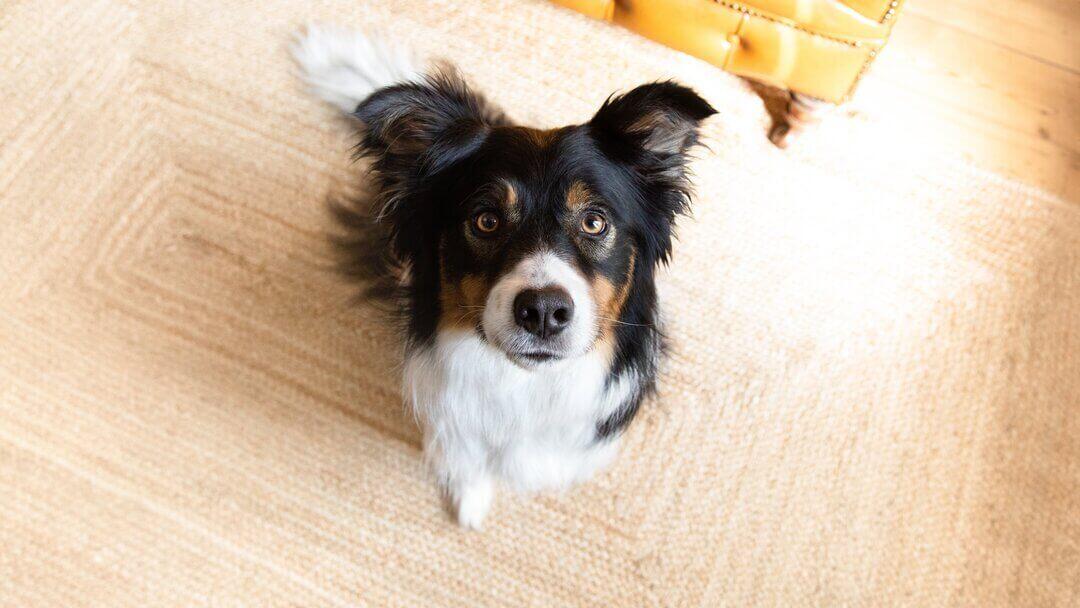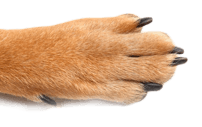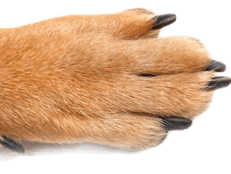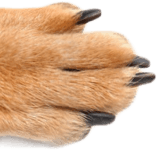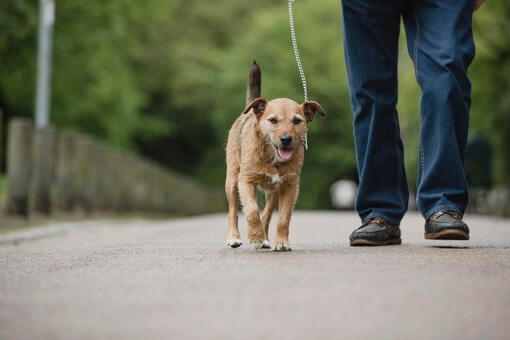
As our loyal companions grow older, it's not just their faces that begin to show a touch of grey. Their needs, behaviours, and health status often begin to change too. Recognising when your dog has transitioned into their senior years is crucial for providing them with the quality of life they deserve. But how do we know when our dogs have officially become 'seniors', and what does this mean for their care?
At what age is a dog considered senior?
The age at which a dog becomes a senior can vary significantly depending on their breed and size. Generally, larger breeds tend to age quicker than smaller ones. For instance, a Great Dane might be considered senior at 5-6 years old, while a Miniature Dachshund might not reach senior status until around 12 years. There's a bit of a 'how long is a piece of string?' element to it, but as a rough guideline, dogs are deemed senior when they reach the last quarter of their expected lifespan.
It is important to remember however that each dog is an individual and while we all know humans who remain active and healthy well into their 80s, others begin to show the beginnings of their decline long before they have even got to retirement age.
Signs of an Old Dog
As dogs age, several tell-tale signs can indicate they're entering their golden years. Here's what to look out for:
Loss of energy
You may notice that your once energetic dog now prefers a more leisurely walk instead of an intense run in the park. As dogs age, their energy levels can decrease, and they might tire more easily. It's important to remember that this is a normal part of ageing and doesn't necessarily mean something is wrong. However, it does mean that we need to adjust our expectations and activities to match their slower pace and support their ageing muscles and joints. For many, several short walks a day are far better than one long strenuous one – and replace high energy games that involve sudden starts, stops and turns, with much gentler ones.
Changes in their playtime routine
You might notice that your dog isn't as excited about chasing their toys as they used to be, instead showing more interest in a relaxed exploration of their surroundings or indulging in a good sniff around. This change in preference is a part of their ageing process and indicates a shift from high-energy play to more low-key activities.
It's essential to respect this change and adapt our interactions with them, offering activities that align with their new pace of life. Remember, a stroll can be just as enriching for them as a vigorous game of fetch once was. Introducing more low impact enrichment opportunities – such as sniffers, snuffle mats etc can give them mental exercise which can be as, or even more, enjoyable than a high impact game.
Different sleeping patterns
Just like older humans, senior dogs tend to sleep more. If you notice your dog napping more frequently during the day, it's a clear indication that it's advancing in age. While increased sleep is normal, excessive restlessness at night could be a sign of discomfort or a health issue, or even the onset of Canine Cognitive Dysfunction (CCD) so it's always worth discussing any significant changes with your vet. Understanding and accommodating these changes, and supporting them with medication and treatment where appropriate, can greatly enhance your ageing dog's quality of life.
Changes in body and weight
Just like us, our canine companions experience a slowdown in metabolism as they age, which can often result in weight gain. On the flip side, some older dogs might start losing weight due to various health issues. It's crucial to keep an eye on these changes, as sudden or drastic weight fluctuations could be a sign of underlying health problems. Regular vet check-ups become even more important during their senior years to ensure any potential issues are caught early and managed effectively.
Changes in Behaviour
You might notice your dog seems less responsive – and often this can be in part due to failing hearing and/or sight, or a reluctance to move around so much due to stiffness. These behavioural changes are often a part of the natural ageing process and need to be taken into account. However, it's important to note that significant changes in behaviour, especially signs of confusion or anxiety, could also be indicative of cognitive dysfunction syndrome, similar to dementia in humans. Therefore, any marked changes in your dog's behaviour should be discussed with your vet to ensure your furry friend receives the best care possible during their golden years.
Common diseases for senior dogs
With age comes a higher risk of certain diseases.
- Arthritis: As dogs age, they may develop arthritis, which can lead to stiffness, difficulty moving, and discomfort. Regular gentle exercise (several short walks a day rather than one big one) and a healthy diet can help manage this condition – along with any pain medication prescribed by your vet
- Dental Disease: Older dogs are more prone to dental issues like gum disease and tooth decay. Regular teeth cleaning and dental check-ups can help prevent these problems.
- Kidney Disease: This is a common issue in senior dogs. Symptoms include increased thirst and urination, loss of appetite, and weight loss. Regular vet check-ups can help detect kidney disease early – along with consulting with your vet as soon as possible if you see any of these symptoms. The PRO PLAN® VETERINARY DIETS NF Renal Function Dry Dog Food can help slow the progression of chronic renal insufficiency.
- Cancer: The risk of cancer increases with age in dogs. Regular health screenings and being aware of any unusual lumps or changes in behaviour can aid in early detection.
- Heart Disease: Older dogs are at a higher risk of developing heart conditions. Regular vet visits and a balanced diet can help maintain heart health.
Any time you see any new symptoms in your ageing dog – whether physical or behavioural, consult with your vet.
Food’s Relationship with Senior Dog Care
When it comes to senior dog care, their diet is paramount. A senior dog diet should be tailored to their changing needs. Food for senior dogs often has a different balance of nutrients, including more fibre and fewer calories to manage weight and support digestive health. should also be easy to chew and digest.
Dog year calculator
To get a better idea of your dog's age in 'dog years', you can use a dog years calculator. These handy tools give you a more nuanced understanding of your dog's age relative to human years, considering factors like breed and size. It's not as simple as multiplying by seven! Smaller breeds tend to age differently than larger breeds, and these calculators take that into account. This can help understand your dog's life stage and ensure they get the right care for their age.
In conclusion, recognising and embracing your dog's senior years can open up a new, rewarding chapter in your relationship. With the proper care, diet with the appropriate Senior Dog Food, and attention to their changing needs, you can ensure your furry friend enjoys their twilight years in comfort and happiness.
Find out how old your canine companion is in human years using the age calculator below:
My dog is
under
1
years old
year old

